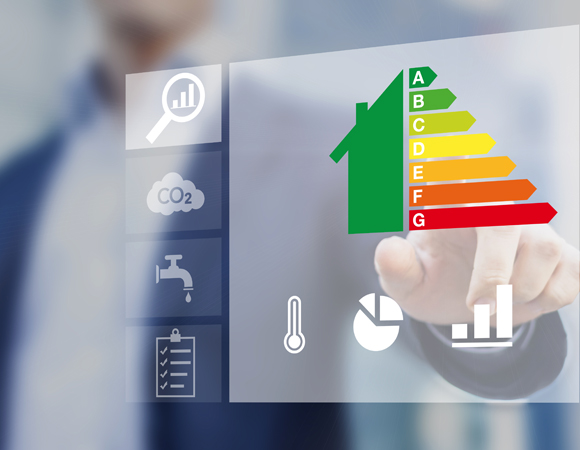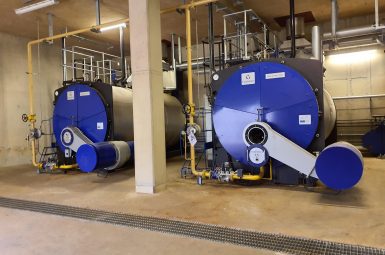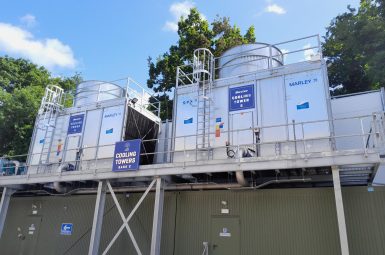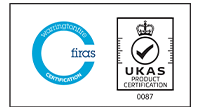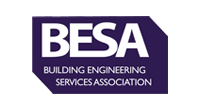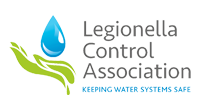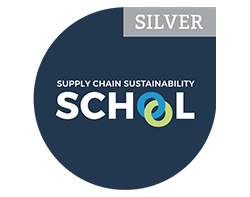Water Reduction, Save Energy and Embrace Sustainability
Hydro-X are experts in water treatment and management solutions, this includes helping you save energy through water reduction/conservation. Our innovative water reduction solutions are designed to help your business enhance efficiency, reduce costs, and embrace sustainable practices.
Responsible water management is an important part of any business and we’re confident that when we pair our expertise and solution portfolio with your site/industry knowledge, we can tailor our services to meet the unique needs of your industry.
What is water reduction?
Water reduction refers to the conscious and strategic effort to decrease the overall consumption of water in various processes, systems, and operations. It involves implementing various strategies and technologies to improve water efficiency, reduce operational costs, and contribute to environmental conservation.
This effort to reduce water usage is often part of environmental regulations and standards. These regulations are designed to address concerns about water scarcity, environmental impact, and sustainable resource management. Businesses, particularly those in industries with significant water consumption, may be subject to these regulations.
> Talk to us today about your Energy & Water Saving requirements
> View our other Water Treatment services
How does Water Reduction help the environment?
Without stating the obvious, if you start to save more water, you reduce your water bill, the businesses operational costs lessen and profits increase. Apart from this financial incentive, what else benefits from commercial water reduction? A huge part of this answer is the environment.
But how is this achieved by a business?
Chemicals – if less water is used and moved around systems, less cleaning chemicals need to be introduced (if all business owners decided to do this, it would have a vast impact)
Energy – carbon emissions can be reduced greatly by companies who reduce water consumption and if this is achieved, fewer greenhouse gases are produced, thus having a positive impact on the surrounding environment
Production – the less water used, the fewer associated materials need to be manufactured and produced by suppliers in order to keep up with the workflow. The production of materials can be one of the most costly and environmentally damaging parts of the process.
Waste – operational waste is a given for any business premises. If this can be condensed and streamlined to the smallest amount possible, the environment will profit.
Conserving Water
The fact that nearly three quarters (71%) of the planet is water, can make people think about the actual reasoning behind trying to reduce water usage. There are other facts that oppose this school of thought and can ensure that employees involved in the operational side of businesses to think that it’s a favourable route to take.
- It’s important to remember that a small percentage of fresh water is not suitable for consumption. It exists in the form of glaciers, water vapour (the atmosphere), the ground (soil) or even ice caps. If it’s not usable, the environment gains no particular advantage from it
- Not all of the water on earth can be drank and clearly this is one of the primary uses for water in both domestic and commercial properties. Generally the ‘sea’ as people call it, is made up of salt water, and by generally this figure actually topples over 97%
Additional reasons that Water Reduction is a positive move
Water shortages – the earth’s population is growing every second that passes, and it’s showing no signs of stopping in the near future. So naturally, water shortages will happen from time to time, but with small improvements by those in power (and this includes business owners) we can put less pressure on water supplies and reduce shortages. The future can become brighter, if policies are changed and water treatment/water consultant companies are contacted more often.
Costs – When a water shortage hits, situations can become tense. This can cause conflict between different groups, whether this is political groups, entire countries, or even districts. It starts off by affecting small to medium businesses (e.g. farms) and with the use of social media, the news of a shortage will travel a lot faster than it did twenty years ago.
Recreation – When water is readily available, members of the public increase investment in local communities and local businesses. Our environments become considerably less appealing with the absence of water, trees start dying, and believe it or not, moods genuinely do drop. And there are reports that conclude that people who are content, spend more on luxury goods (which will happen with an increase of water reduction).
Optimising Processes
While members of the public can make small incremental changes to their daily habits, it is vital that large corporations set the example and make sure processes are streamlined. Projects need to be created more and more frequently to combat bad water system practices.
Talk to us today about your water treatment requirements
We work in a variety of industries

Facilities
Management

Data
Centres

District
Energy

Healthcare &
Local Authority

Logistics
& Retail

Manufacturing
& Industrial






